
OR
Year after new Constitution, Madhes issue still bone of contention
Published On: September 19, 2016 01:00 AM NPT By: Nabin Khatiwada
KATHMANDU, Sept 19: A year after the promulgation of the new Constitution, the Madhes issue remains a bone of contention in implementing it and ending the transition.
The Madhes-based political parties, which were engaged in fierce protests during five months after the promulgation of the Constitution, are observing Monday, the first anniversary of the promulgation, as a black day.
Madhes based parties remain unsatisfied despite the first constitutional amendment that took place four months after the promulgation.
"We have clearly presented our demands and these cannot be addressed without further amending the Constitution," said Manish Suman, general secretary of the Sadbhavana Party.
While electing Pushpa Kamal Dahal as prime minister, the coalition of the CPN (Maoist Center) and Nepali Congress had agreed with the Madhes parties to amend the constitution through political consensus. However, the main opposition CPN-UML has been taking a firm stand, asking the government to justify the need for any amendment.
The opposition has been asking the government to focus on constitution implementation instead.
"The demands of the Madhes-based parties are issues to be settled at the negotiating table, and in focusing only on these, the government has been ignoring other crucial issues of implementation," said UML leader Agni Kharel, who is a former minister for law and justice.
"Does the present government have the same standpoint as the Madhes-based parties that without amendment, the state cannot fulfill the other responsibilities set out by the Constitution?" asked Kharel.
A transitional provision in the Constitution has set a deadline of January 21, 2018 for electing the new House of Representatives, and several other laws need to be in place by then for the smooth functioning of the new constitutional setup.
"People have doubts over the crucial deadlines set by the Constitution being met and the government's priorities and its moves are amplifying the risk of these doubt turning into reality," said Kharel.
However, the government has been saying that implementation of the constitution is top priority, that the dissidents will be brought on board and all the deadlines will be met.
Last week, the government designated the high courts in all seven provinces. This was a mandatory provision of the Constitution, to be accomplished within a year of its promulgation.
The government recently formed a Language Commission to finalize the official languages of the provinces. Likewise, the government has registered bills related to the formation of six constitutional commissions in Parliament.
You May Like This
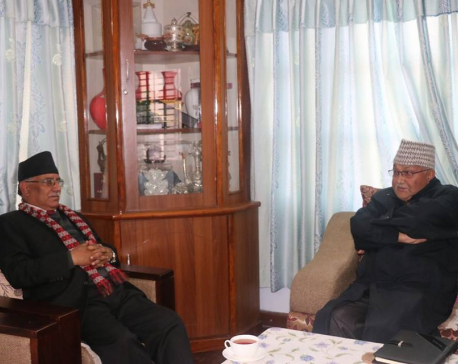
Leadership issue still remains bone of contention
KATHMANDU, Jan 21: A meeting between CPN-UML Chairman KP Sharma Oli and CPN (Maoist Center) Chairman Pushpa Kamal Dahal on... Read More...
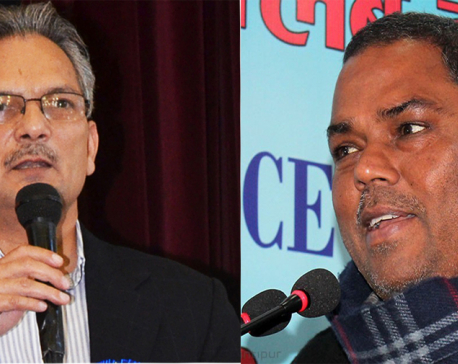
Bhattarai, Yadav issue joint statement on constitution amendment
KATHMANDU, Nov 28: Issuing a joint statement, Coordinator of Naya Shakti Nepal, Baburam Bhattarai and Chairman of Federal Socialist Forum-... Read More...

Civil Capital named issue manager for MBL's rights issue
KATHMANDU, Aug 31: Machhapuchchhre Bank Ltd (MBL) is issuing Rs 1.93 billion worth of right shares to its shareholders. Issuing a... Read More...


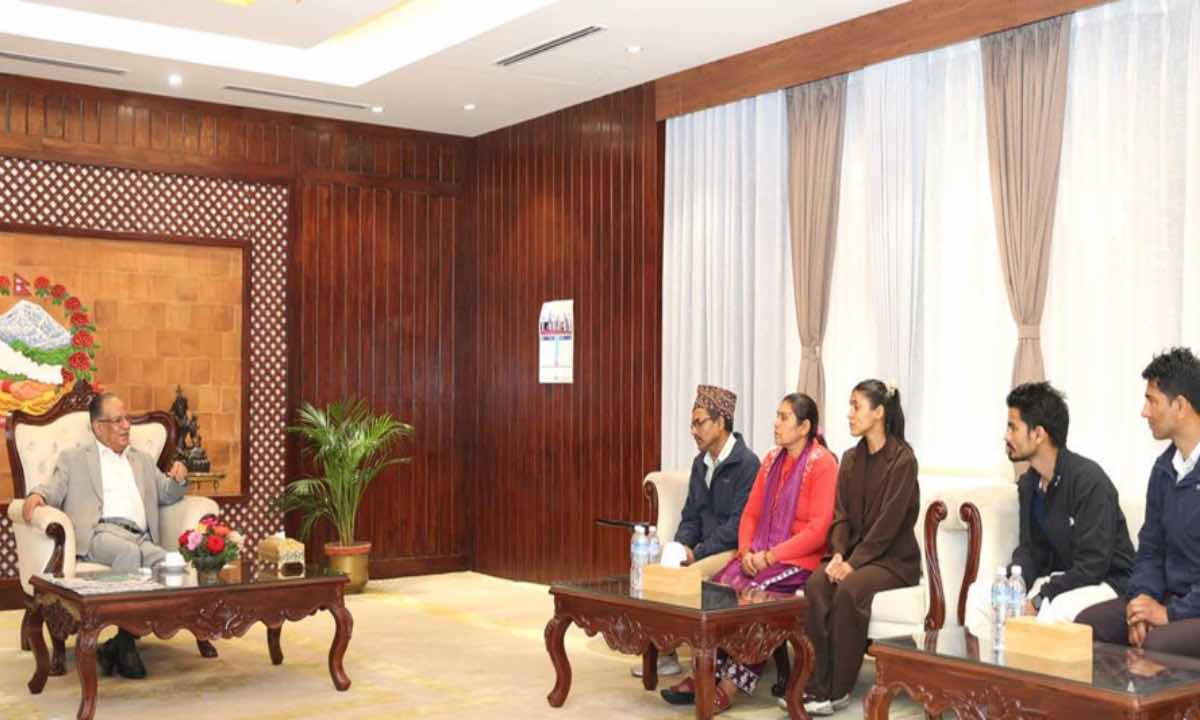

Just In
- Australian unemployment rate rises to 3.8 percent in March
- Gold price increases by Rs 700 per tola
- Fire destroys wheat crop in Kanchanpur, Kailali
- Bipin Joshi's family meets PM Dahal
- State Affairs and Good Governance Committee meeting today
- Gold items weighing over 1 kg found in Air India aircraft at TIA
- ACC Premier Cup semi-final: Nepal vs UAE
- Sindhupalchowk bus accident update: The dead identified, injured undergoing treatment










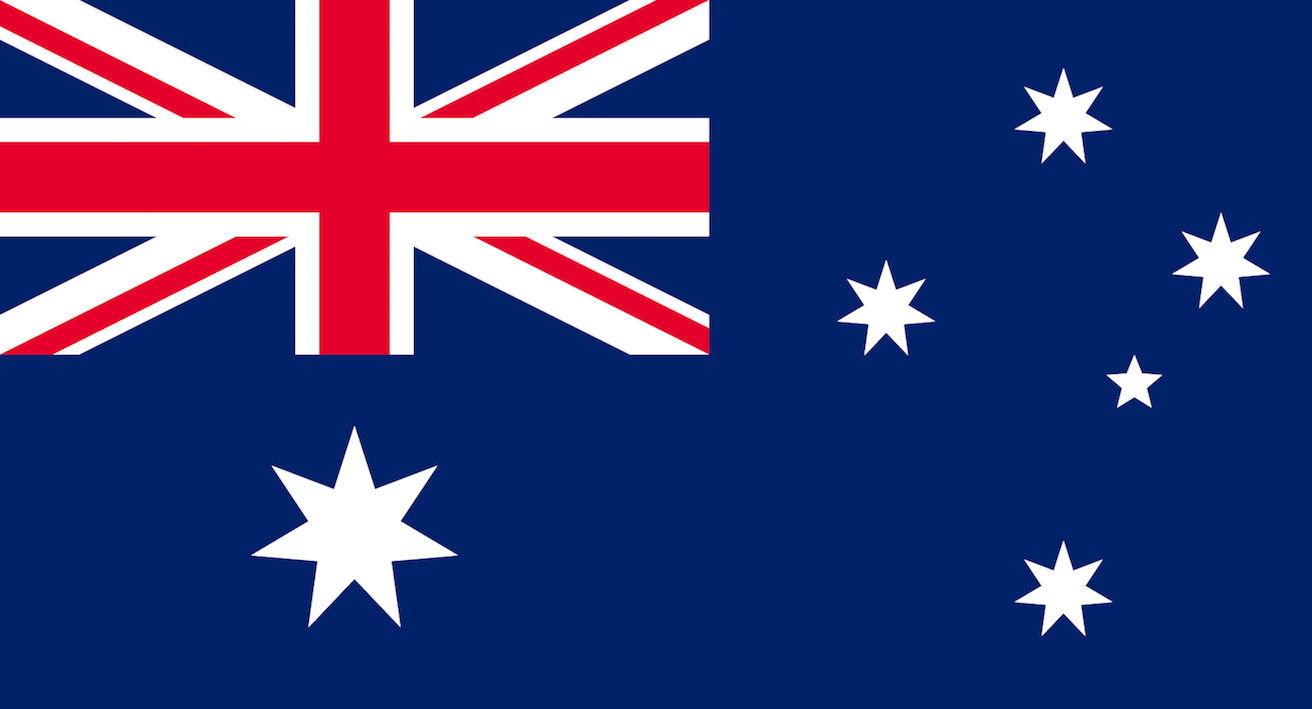
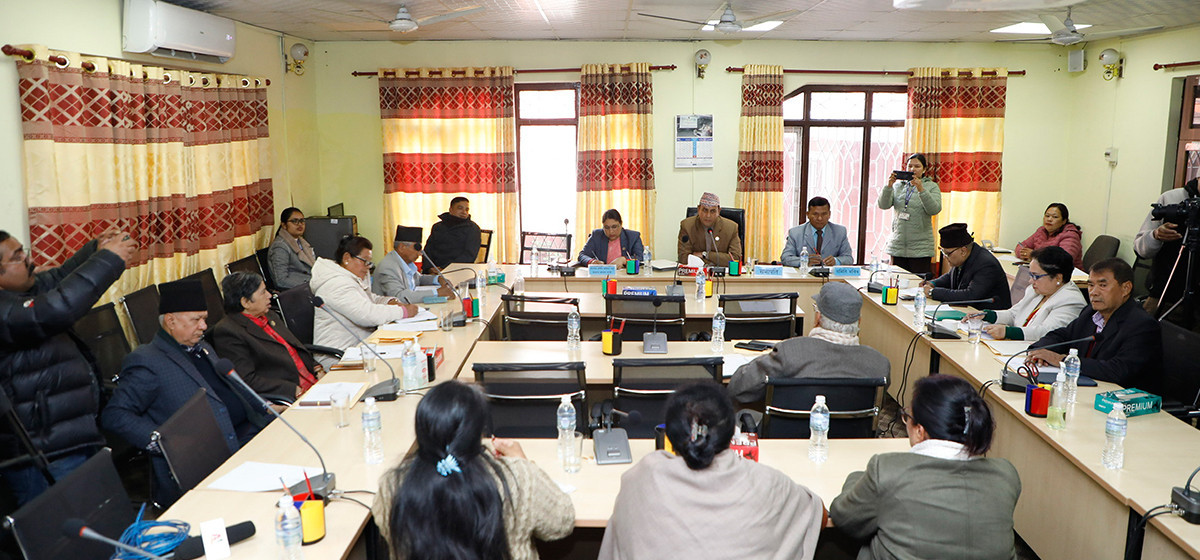

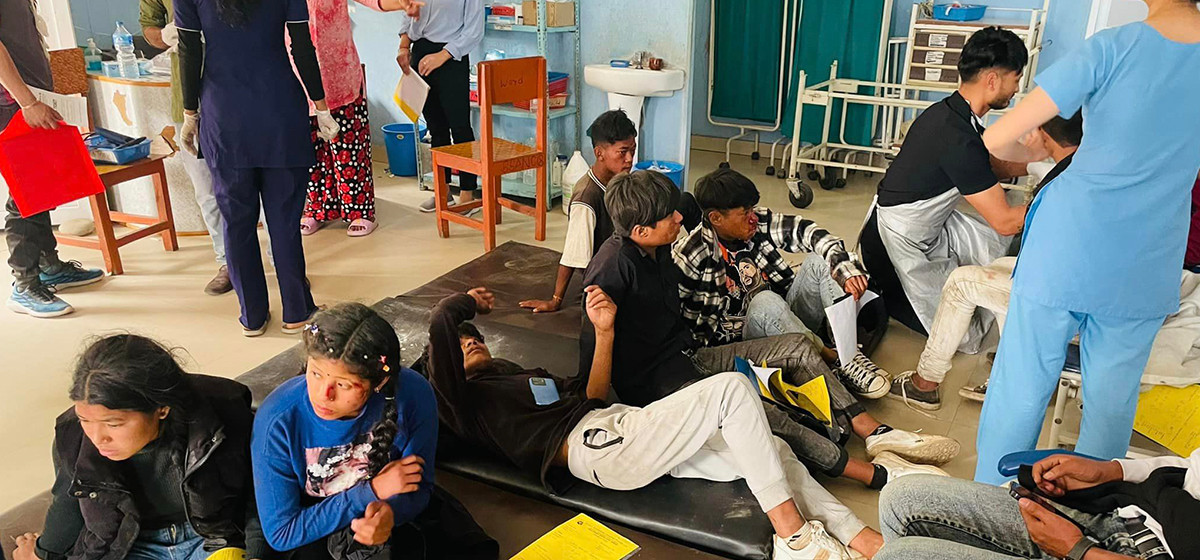
Leave A Comment